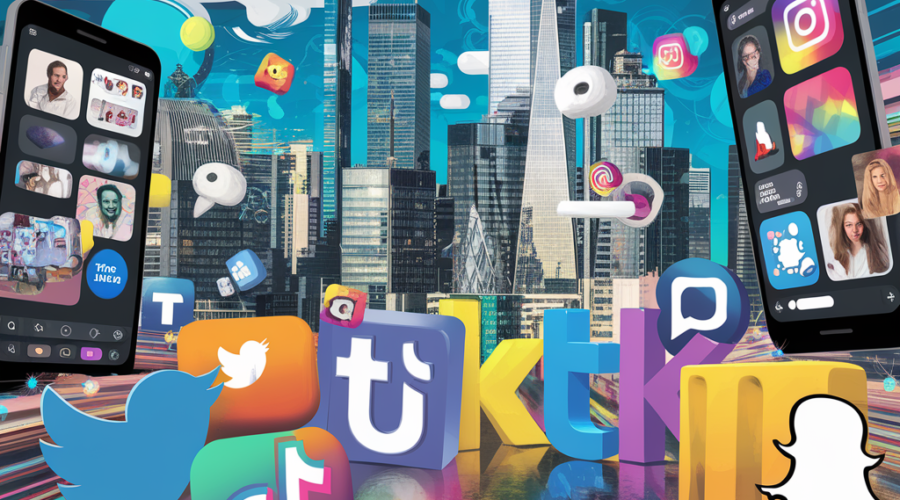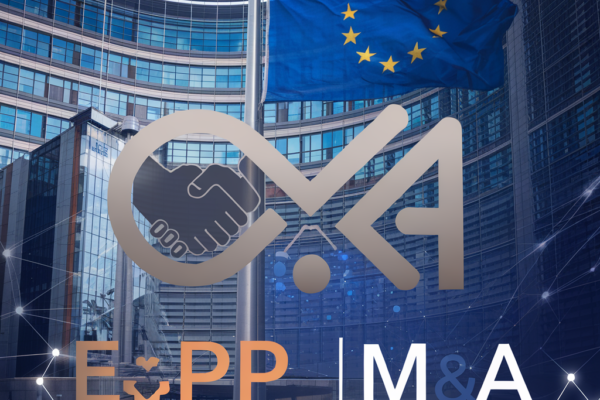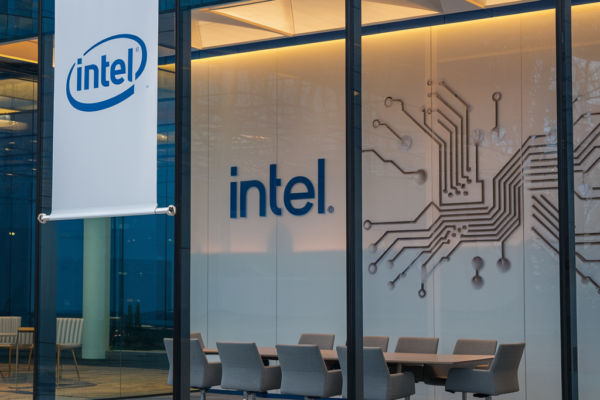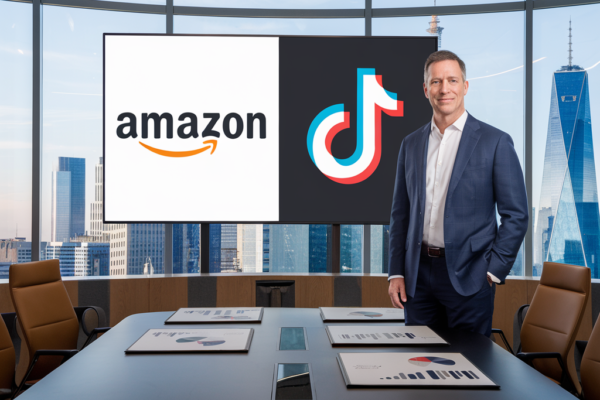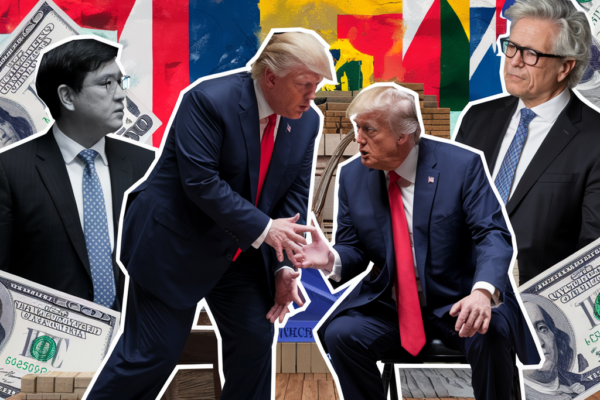As Meta faces its most consequential antitrust trial to date, the tech world confronts a pivotal counterfactual: What if Mark Zuckerberg had never acquired Instagram and WhatsApp? This analysis examines the alternate trajectories of these platforms, the competitive landscape that might have emerged, and the profound implications for digital communication ecosystems. Drawing from leaked corporate communications, financial valuations, and regulatory filings, we explore how these $22 billion in acquisitions reshaped Silicon Valley’s power dynamics while analyzing the FTC’s unprecedented attempt to rewrite tech history through forced divestiture.
The Acquisition Calculus: Zuckerberg’s Mobile Gambit
Instagram: From Camera App to Cultural Behemoth
When Facebook acquired Instagram for $1 billion in 2012, the deal was widely criticized as exorbitant for a company with 13 employees and no revenue[1]. Leaked 2012 emails reveal Zuckerberg’s strategic calculus: “We’re vulnerable in mobile…these networks could be very disruptive to us”[1]. The 30 million-user app represented both an existential threat and a vehicle for Facebook’s mobile transformation. Post-acquisition, Instagram’s user base ballooned to 2 billion MAUs by 2024, generating 30% of Meta’s ad revenue[1]. This growth trajectory suggests Instagram might have followed Snapchat’s path as an independent photo-sharing leader, though Meta’s infrastructure accelerated its global scaling through cross-promotion and shared ad tech.
WhatsApp: The $19 Billion Bet on Messaging Supremacy
The 2014 WhatsApp acquisition marked Zuckerberg’s most aggressive move into encrypted communication. With 450 million MAUs growing at 1 million daily[2], WhatsApp offered Facebook entrée into international markets where SMS costs drove adoption. The $21.8 billion final price reflected WhatsApp’s potential to dominate mobile-first economies – a bet that paid off with 2.95 billion users by 2025[2]. Had it remained independent, WhatsApp’s founders’ anti-ad philosophy[10] might have positioned it as a privacy-focused alternative to Facebook’s surveillance capitalism, potentially limiting Meta’s growth in developing markets.
The FTC’s Antitrust Reckoning: Unwinding a Decade of Consolidation
Legal Foundations of the “Killer Acquisition” Thesis
The FTC’s 2025 lawsuit alleges Meta “suppressed competition through serial acquisitions”[4], citing Zuckerberg’s 2008 email stating “it’s better to buy than compete”[15]. Regulators argue Instagram and WhatsApp constituted “nascent competitors” whose independence could have challenged Facebook’s dominance[3]. Internal documents show Facebook executives considering Instagram a threat to their “blue app” engagement metrics[1], while WhatsApp’s cross-platform potential threatened to erode Facebook’s network effects[16].
Meta’s Defense: Platform Synergies and Consumer Benefit
Meta counters that Instagram and WhatsApp achieved unprecedented scale through infrastructure investments, arguing their success wasn’t inevitable[4]. Chief Legal Officer Jennifer Newstead notes Instagram’s 2012 valuation represented 5% of Facebook’s market cap, while WhatsApp’s price reflected its position as the fastest-growing app in history[8]. The company emphasizes product integrations like Stories and cross-app messaging as consumer benefits that required centralized development[14].
Alternate Realities: Social Media’s Road Not Taken
Instagram as Independent Disruptor
Without Meta’s resources, Instagram might have evolved along three paths: 1) Remaining a niche photo-sharing app overtaken by Snapchat’s AR innovations 2) Partnering with Google to integrate Android-first camera features 3) Developing its own ad platform focused on visual commerce. Leaked 2012 projections suggested Instagram could reach 100 million users independently[1] – far short of its current 2 billion. However, its focus on mobile-first design might have accelerated the shift from desktop social networking earlier.
WhatsApp’s Privacy-Centric Ecosystem
Co-founder Jan Koum’s opposition to advertising[10] suggests an independent WhatsApp might have monetized through enterprise APIs and payment systems rather than user data. The app could have become the foundation for decentralized social networks, integrating cryptocurrency payments and competing directly with Apple’s iMessage. However, without Meta’s server infrastructure, maintaining free service for 2 billion users would have required alternative revenue models potentially at odds with its privacy stance[13].
Market Dynamics: Competitors Fill the Void
The Rise of Regional Challengers
In Southeast Asia, Line and GrabPay might have dominated mobile payments absent WhatsApp’s ubiquity. China’s WeChat could have expanded more aggressively into European markets, while Telegram’s encrypted channels might have captured activist communities WhatsApp currently serves. Meta’s absence from the messaging space could have allowed Signal to standardize enterprise communication protocols.
Advertising Market Fragmentation
With Instagram remaining independent, visual ad spend might have distributed across Pinterest, Snapchat, and emerging platforms. TikTok’s 2025 ad revenue projection of $50 billion[7] suggests short-form video would still dominate, but without Instagram Reels, YouTube Shorts might command higher CPMs. The lack of Meta’s unified ad platform could have kept digital marketing costs 15-20% higher according to industry estimates[11].
The Divestiture Dilemma: Untangling a $1.3 Trillion Behemoth
Technical and Operational Challenges
Forced separation would require rebuilding Instagram’s ad tech stack currently integrated with Facebook’s Audience Network. WhatsApp’s encryption protocols, modified post-acquisition[14], might need architectural changes to prevent Meta data leakage. Employee stock compensation tied to Meta’s performance could trigger mass departures, while shared AI research projects like Llama language models would face licensing hurdles.
Valuation Impacts and Shareholder Fallout
JPMorgan estimates Instagram alone contributes $300 billion to Meta’s market cap[8]. Spinning it off could create a standalone company worth $450 billion based on TikTok’s revenue multiples[7]. WhatsApp’s enterprise messaging tools might command a $150 billion valuation as a Slack competitor. However, Meta’s core apps could see 40% revenue declines without Instagram’s ad inventory, potentially triggering a shareholder class action over destroyed value.
Geopolitical Ramifications: The Global Power Vacuum
China’s Social Media Expansion
ByteDance might have accelerated TikTok’s Western growth without Instagram Reels’ competition. WeChat Pay could have partnered with independent WhatsApp to penetrate Indian and Brazilian markets, while Alibaba’s acquisition of Snapchat might have created an e-commerce-social media hybrid. The lack of Meta’s lobbying against TikTok bans[8] could have led to broader Western adoption of Chinese apps.
Regulatory Copycat Actions
A successful FTC case might inspire the EU to revisit Google’s Fitbit and Nest acquisitions. South Korea could demand Naver’s divestiture of Line, while India might block Walmart’s Flipkart investments. This global regulatory cascade could reduce tech M&A volume by 25-30% according
Sources
https://www.cnbctv18.com/business/leaked-emails-reveal-why-mark-zuckerberg-bought-instagram-19399861.htm, https://www.investopedia.com/articles/investing/032515/whatsapp-best-facebook-purchase-ever.asp, https://capx.co/the-ftcs-case-for-breaking-up-facebook-is-deeply-flawed-lets-hope-it-fails, https://www.financialexpress.com/business/antitrust-trial-mark-zuckerberg-to-be-forced-to-sell-instagram-whatsapp-experts-weigh-in-3809028/, https://www.firstpost.com/tech/can-zuckerberg-be-forced-to-sell-instagram-whatsapp-antitrust-trial-against-meta-could-get-political-13879689.html, https://www.youtube.com/watch?v=5OVRMeR5b9o, https://www.businessinsider.com/meta-antitrust-trial-instagram-whatsapp-social-media-zuckerberg-trump-2025-4, https://www.phonearena.com/news/meta-trial-over-whatsapp-instagram-acquisitions_id169456, https://www.youtube.com/watch?v=_0BSD4Go84k, https://www.applicoinc.com/blog/case-facebooks-acquisitions/, https://controlhippo.com/blog/whatsapp/whatsapp-business-alternatives/, https://english.gujaratsamachar.com/news/business/mark-zuckerberg-may-have-to-sell-instagram-and-whatsapp-heres-why, https://aswathdamodaran.blogspot.com/2014/02/facebook-buys-whatsapp-for-19-billion.html, https://www.heise.de/en/news/WhatsApp-account-can-be-linked-to-Facebook-and-Instagram-in-future-10251369.html, https://www.unilad.com/technology/social-media/why-mark-zuckerberg-could-be-forced-sell-instagram-whatsapp-909605-20250414, https://repositorio.iscte-iul.pt/bitstream/10071/18434/1/master_leonor_oliveira_costa.pdf, https://www.thebignewsletter.com/p/enough-is-enough-the-criminal-case, https://time.com/8806/facebooks-whatsapp-acquisition-explained/

